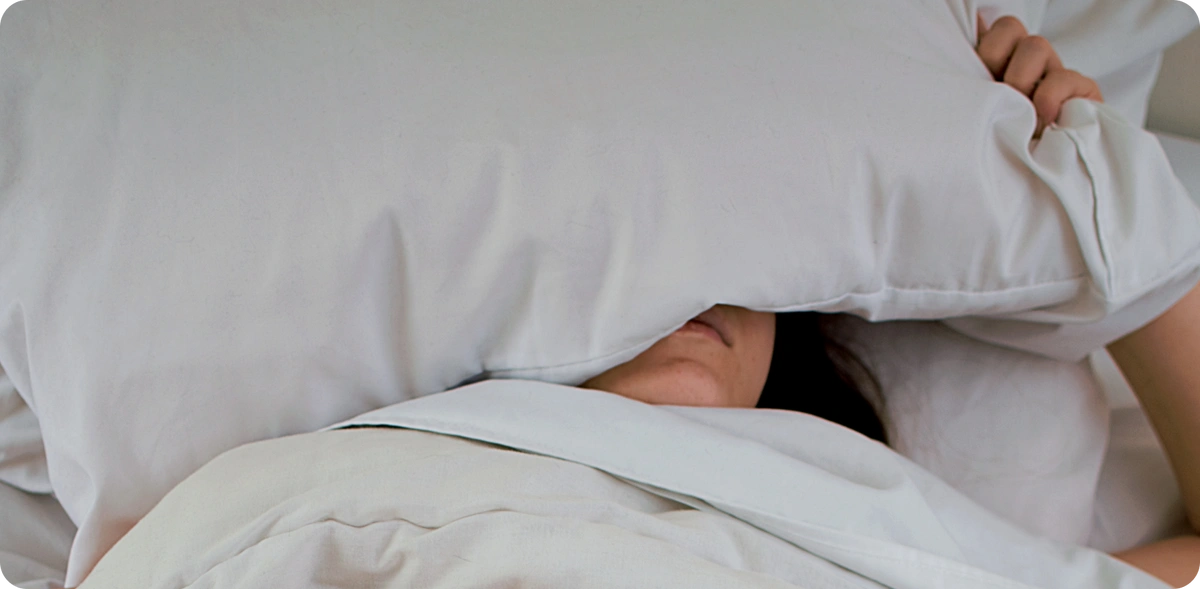Persistent "mouth breathing" in children may indicate an underlying upper airway obstruction leading to Sleep Disordered Breathing (SDB), which is often unrecognized by parents and healthcare professionals. This article highlights the potential consequences of mouth breathing, such as abnormal facial growth, dental issues, and compromised overall health. Proper facial development has implications beyond aesthetics, affecting self-esteem, success, and well-being. Mouth breathing can prevent the inhalation of beneficial nitric oxide, leading to various health problems. Teeth grinding (bruxism) might be a compensatory response to a collapsing airway, and bed-wetting is also associated with untreated SDB. Children with SDB may exhibit sleep apnea-like symptoms, impacting attention, behavior, and even leading to misdiagnoses of ADHD. Early intervention, including surgical removal of tonsils and adenoids, can prevent irreversible damage and enhance upper airway function. The article underscores the importance of raising awareness about SDB in children, advocating for early diagnosis and treatment through experienced sleep dentists or physicians.



